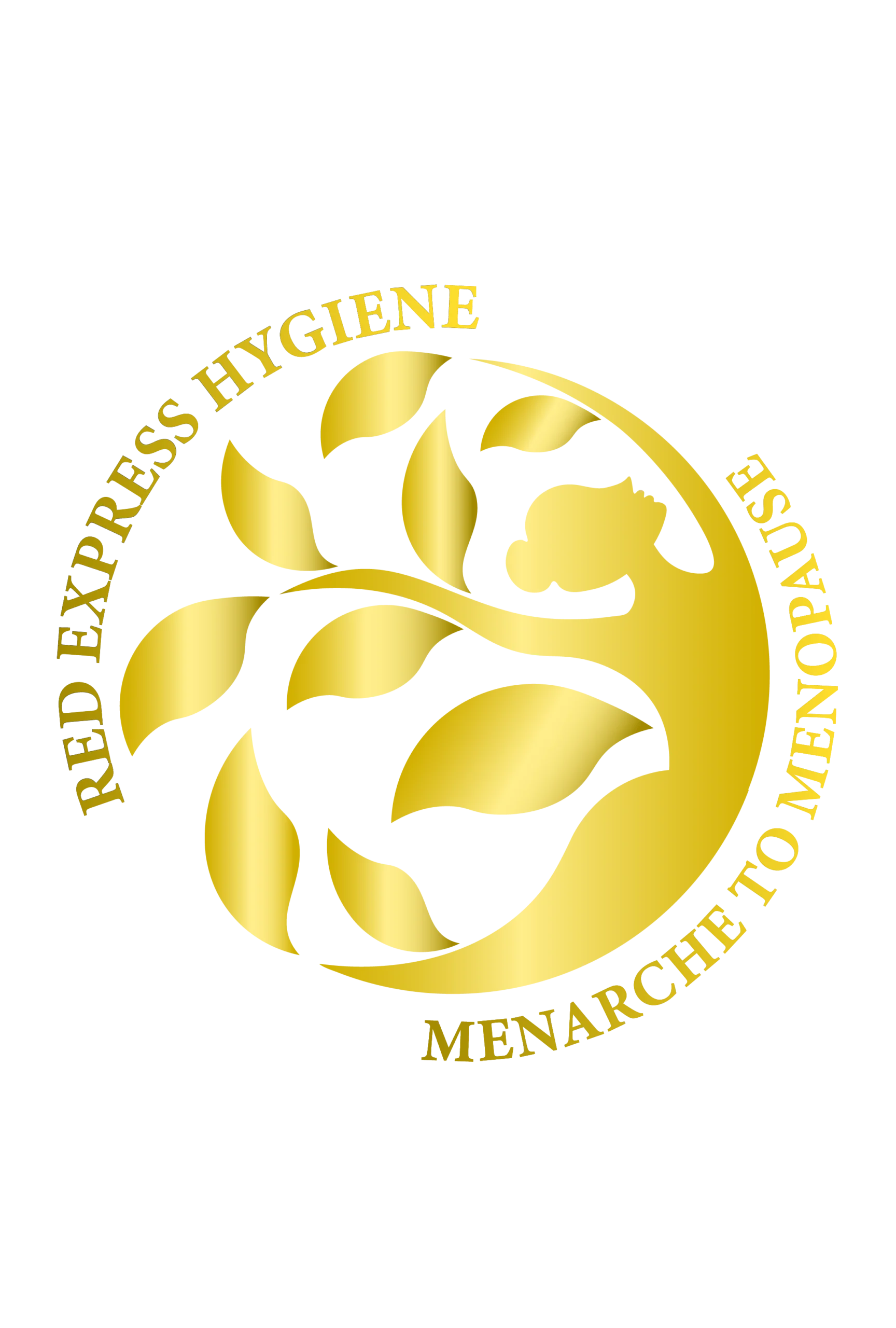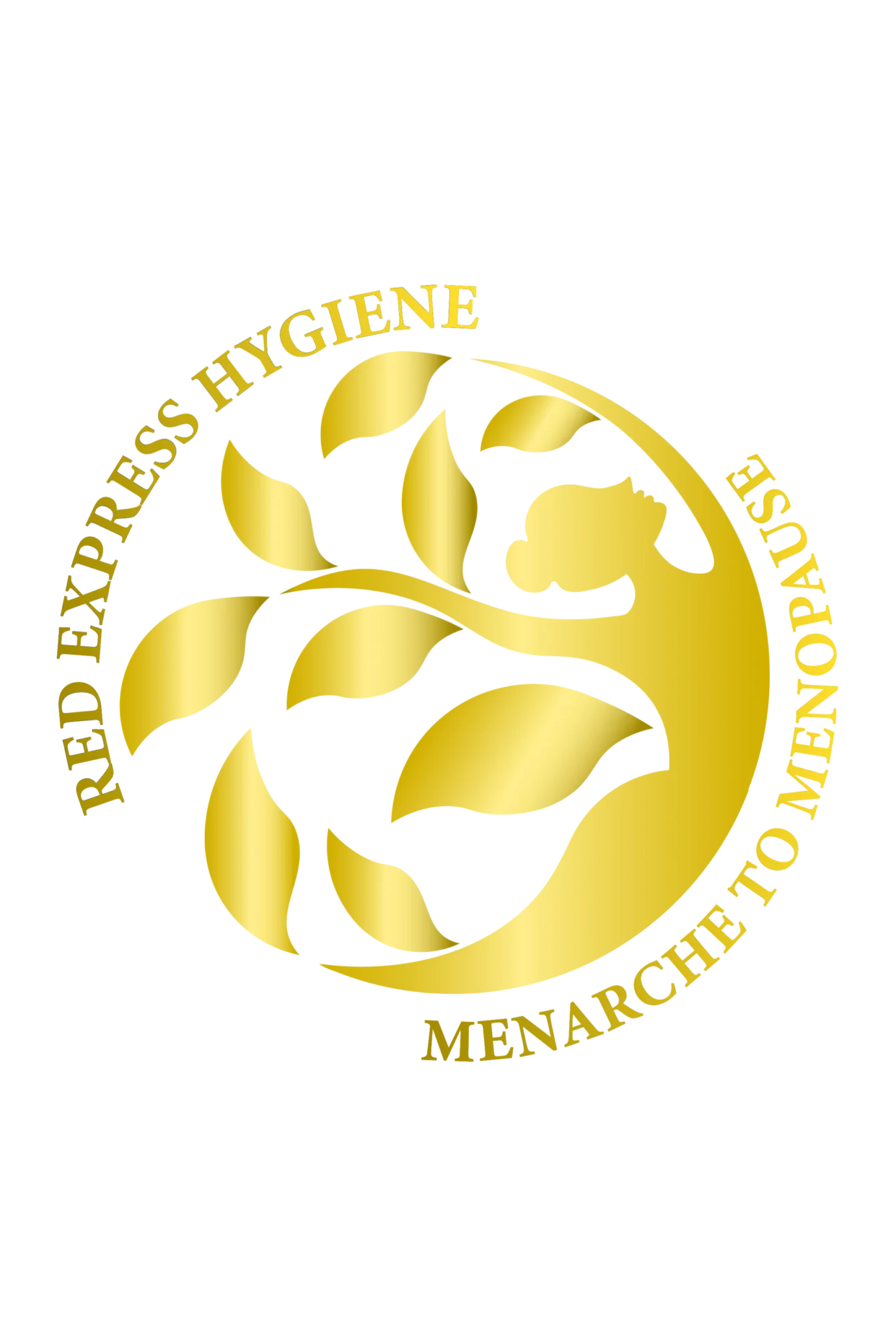Introduction Menstrual Hygiene Management (MHM) refers to the practices and strategies used to maintain cleanliness and health during menstruation. It includes access to clean menstrual products, proper sanitation facilities, and awareness about menstrual health. Understanding MHM is crucial for breaking taboos, ensuring health, and promoting dignity.
Why Menstrual Hygiene Management is Important
- Health and Safety: Poor menstrual hygiene can lead to infections like urinary tract infections (UTIs), reproductive tract infections (RTIs), and skin irritations. Consistent use of clean and appropriate menstrual products helps prevent these issues.
- Empowerment: Knowledge about menstrual hygiene helps women and girls manage their periods confidently, reducing absenteeism in schools and workplaces. This empowers them to pursue education and career opportunities without hindrance.
- Breaking Stigma: Educating both men and women about menstruation fosters an environment of acceptance and support. Breaking the silence around menstruation reduces shame and embarrassment, promoting gender equality.
- Environmental Impact: Using eco-friendly menstrual products like Fabpad reduces waste and promotes sustainability. Reusable products, such as menstrual cups and cloth pads, also contribute to reducing environmental pollution.
Key Components of Effective MHM
- Access to Clean Menstrual Products: Sanitary pads, tampons, menstrual cups, reusable cloth pads, etc. Access to affordable and safe products is essential for proper menstrual care.
- Proper Sanitation Facilities: Clean water, private toilets, handwashing stations, and proper disposal methods for menstrual waste are critical for maintaining hygiene.
- Awareness and Education: Schools, communities, and workplaces should promote menstrual health education. Comprehensive education programs help debunk myths and provide accurate information about menstrual health.
Challenges in Menstrual Hygiene Management
- Social Stigma and Taboos: Cultural beliefs and myths surrounding menstruation create barriers to open discussions and education.
- Lack of Access: In many regions, access to affordable and safe menstrual products is limited, leading to unhygienic practices.
- Inadequate Sanitation Facilities: Poor infrastructure in schools and public places can make managing menstruation difficult and uncomfortable.


